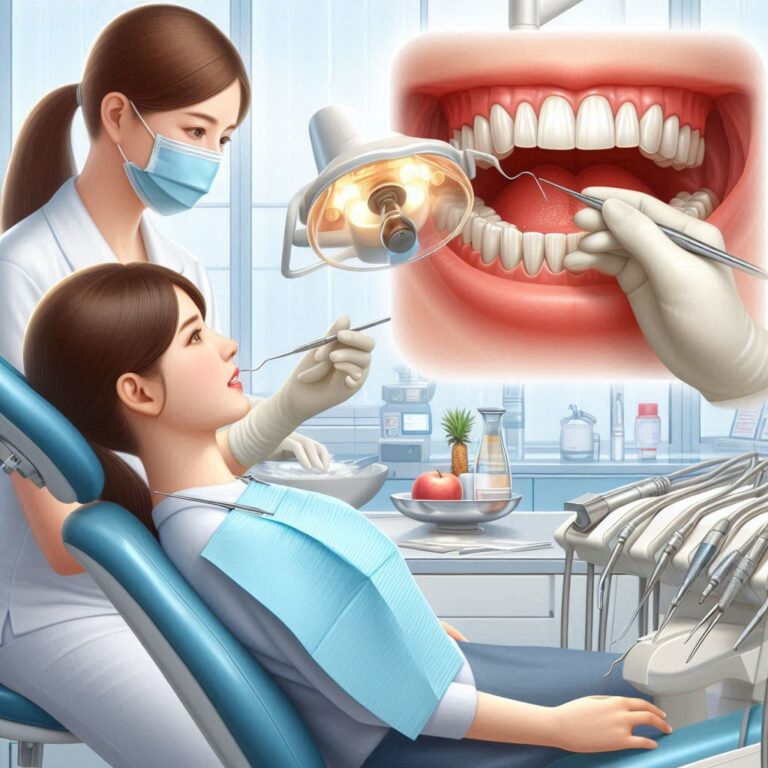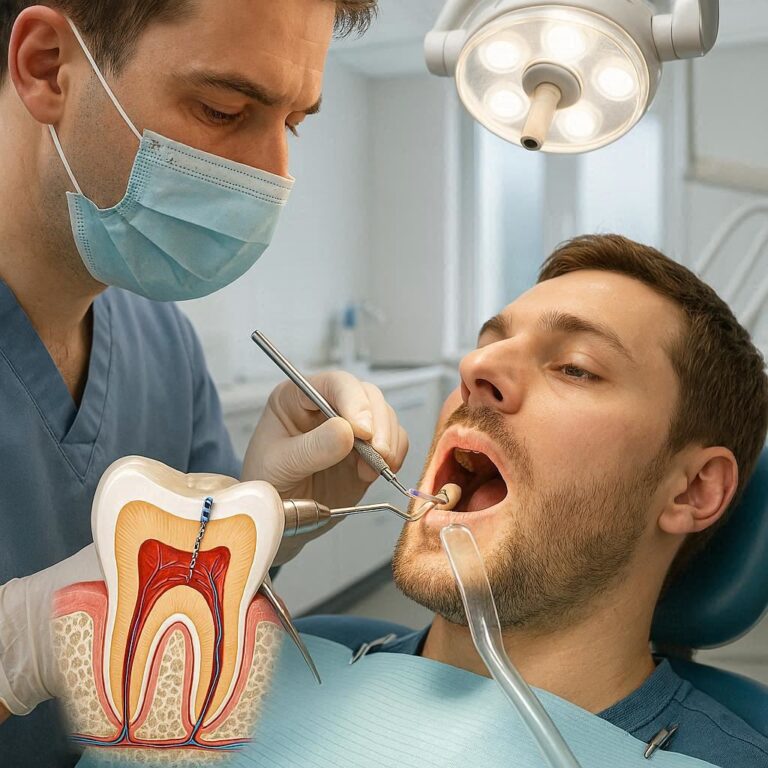D8050 Dental Code
Imagine losing a tooth and needing a temporary solution while waiting for a permanent restoration. This is where interim partial dentures (D8050) come into play. The D8050 dental code is a crucial billing identifier used by dentists to classify a temporary, removable partial denture for a single arch. Whether due to trauma, decay, or periodontal disease, missing teeth can impact speech, chewing, and self-esteem. Interim partial dentures offer a short-term fix, ensuring functionality and aesthetics before a permanent prosthetic is placed.
This comprehensive guide will explore everything you need to know about D8050, including its clinical applications, materials, insurance coverage, and how it compares to other dental codes. By the end, you’ll have a clear understanding of why this code is essential in modern dentistry.

2. What Is the D8050 Dental Code?
The D8050 dental code is part of the American Dental Association (ADA) Current Dental Terminology (CDT) codes. It specifically refers to:
“Interim partial denture (including retainer[s]/clasp[s], teeth, and all adjustments and relines) – for a single arch.”
This means it covers a temporary, removable prosthetic designed to replace one or more missing teeth in either the upper (maxillary) or lower (mandibular) arch.
Key Characteristics of D8050:
- Temporary solution (typically used for weeks or months)
- Removable design (unlike fixed bridges)
- Covers a single arch (upper or lower)
- Includes adjustments and relines
3. Purpose and Benefits of Interim Partial Dentures (D8050)
Interim partial dentures serve several critical purposes:
A. Functional Benefits
✔ Restores chewing ability – Helps patients eat comfortably.
✔ Improves speech – Missing teeth can affect pronunciation; dentures help maintain clarity.
✔ Prevents teeth shifting – Adjacent teeth may drift into gaps, causing misalignment.
B. Aesthetic Benefits
✔ Maintains facial structure – Prevents a “sunken” appearance due to bone loss.
✔ Boosts confidence – Patients can smile without embarrassment.
C. Therapeutic Benefits
✔ Allows healing time – Used after extractions before placing permanent prosthetics.
✔ Diagnostic tool – Helps dentists evaluate fit before final restorations.
4. When Is D8050 Used? – Clinical Indications
Dentists recommend D8050 in various scenarios:
| Clinical Scenario | Reason for D8050 |
|---|---|
| Post-extraction healing | Protects the socket while gums heal. |
| Waiting for implants | Acts as a placeholder before implant placement. |
| Periodontal treatment | Stabilizes teeth during gum therapy. |
| Financial constraints | Provides a temporary fix before permanent prosthetics. |
5. Types of Interim Partial Dentures Covered Under D8050
Interim partial dentures can be made from different materials:
- Acrylic Resin Dentures – Most common, lightweight, and cost-effective.
- Flexible Partial Dentures (Valplast) – More comfortable but less durable.
- Cast Metal Framework Dentures – Stronger but usually reserved for permanent use.
6. Materials Used in Fabricating Interim Partial Dentures
| Material | Pros | Cons |
|---|---|---|
| Acrylic | Affordable, easy to adjust | Less durable |
| Flexible (Nylon) | Comfortable, no metal clasps | Higher cost |
| Composite | Natural appearance | Requires skilled fabrication |
7. Step-by-Step Procedure for D8050
- Initial Examination – Dentist assesses oral health and takes impressions.
- Laboratory Fabrication – A dental lab creates the interim denture.
- Fitting & Adjustments – Dentist ensures proper fit and bite alignment.
- Follow-up Visits – Adjustments may be needed for comfort.
8. D8050 vs. Other Dental Codes – Key Differences
| Code | Description | Key Difference |
|---|---|---|
| D8050 | Interim partial denture (single arch) | Temporary, short-term use |
| D5211 | Maxillary partial denture (permanent) | Long-term solution |
| D5820 | Flexible partial denture | Different material classification |
13. Conclusion
The D8050 dental code is essential for temporary tooth replacement, offering functional, aesthetic, and therapeutic benefits. It serves as a bridge before permanent prosthetics, ensuring patients maintain oral function and confidence. Understanding its applications, materials, and insurance considerations helps both dentists and patients make informed decisions.
14. FAQs
Q1: How long does an interim partial denture (D8050) last?
A: Typically 3-6 months, but depends on patient care and material.
Q2: Does insurance cover D8050?
A: Many plans cover it partially, but check with your provider.
Q3: Can I eat normally with an interim partial denture?
A: Yes, but avoid hard/sticky foods to prevent damage.


